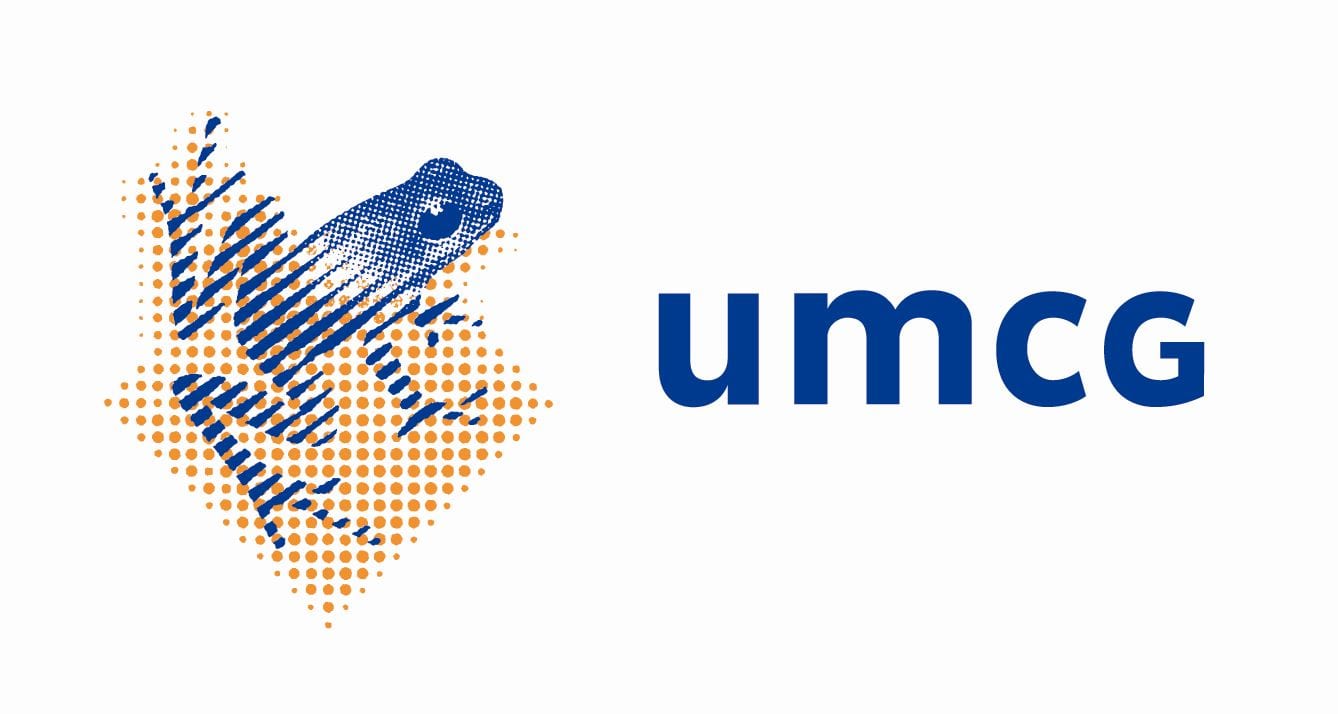Sampling around the clock: the bioRHYTHM pilot study
Click here to download the participant information sheet
Click here for further project information, including the BNA 2019 poster, hosted on the Open Science Framework
What is this study about?
We are interested in what wearable technology can tell us about our body rhythms and how they interact with each other.
What will it involve?
The study takes approximately 3 weeks to complete. Following screening it involves 6 visits to our research centre located in the Bristol Royal Infirmary. Visits take about half an hour each but range between about 15 minutes and 1 ½ hours. The rest of the time is spent continuing normal daily activities.
At different times during the study you will be given devices to wear that measure body activities and rhythms. These include a glucose sensor, an activity watch, a finger ring that measures temperature and heart rate, saliva samples, and a prototype sampler called U-RHYTHM that measures hormones from under the skin on your abdomen. No blood samples are taken.
On two occasions you will wear a visor that shines light, similar to bright day light, for about 45 minutes before bed, in order to measure the effect on sleep hormones.
Why do you need me?
We are looking for non-shift working, non-smoking healthy people aged between 18-38 who do not have any active medical conditions and do not take regular medication.
What are the benefits to me?
At the end of study we will provide you with a summary of all the data we collected from you and a summary of the project results overall.
You will be paid up to £450 for completion of the study as compensation for inconvenience, travel expense, and time away from work.
Study investigators
This study is a collaboration between the University of Bristol, University of Exeter, University of California and University Medical Center Groningen.
It is sponsored by the University of Bristol and supported by funding from Society for Endocrinology.
It has been reviewed by University of Bristol Faculty of Health Sciences Research Ethics Committee FREC ref 77081






